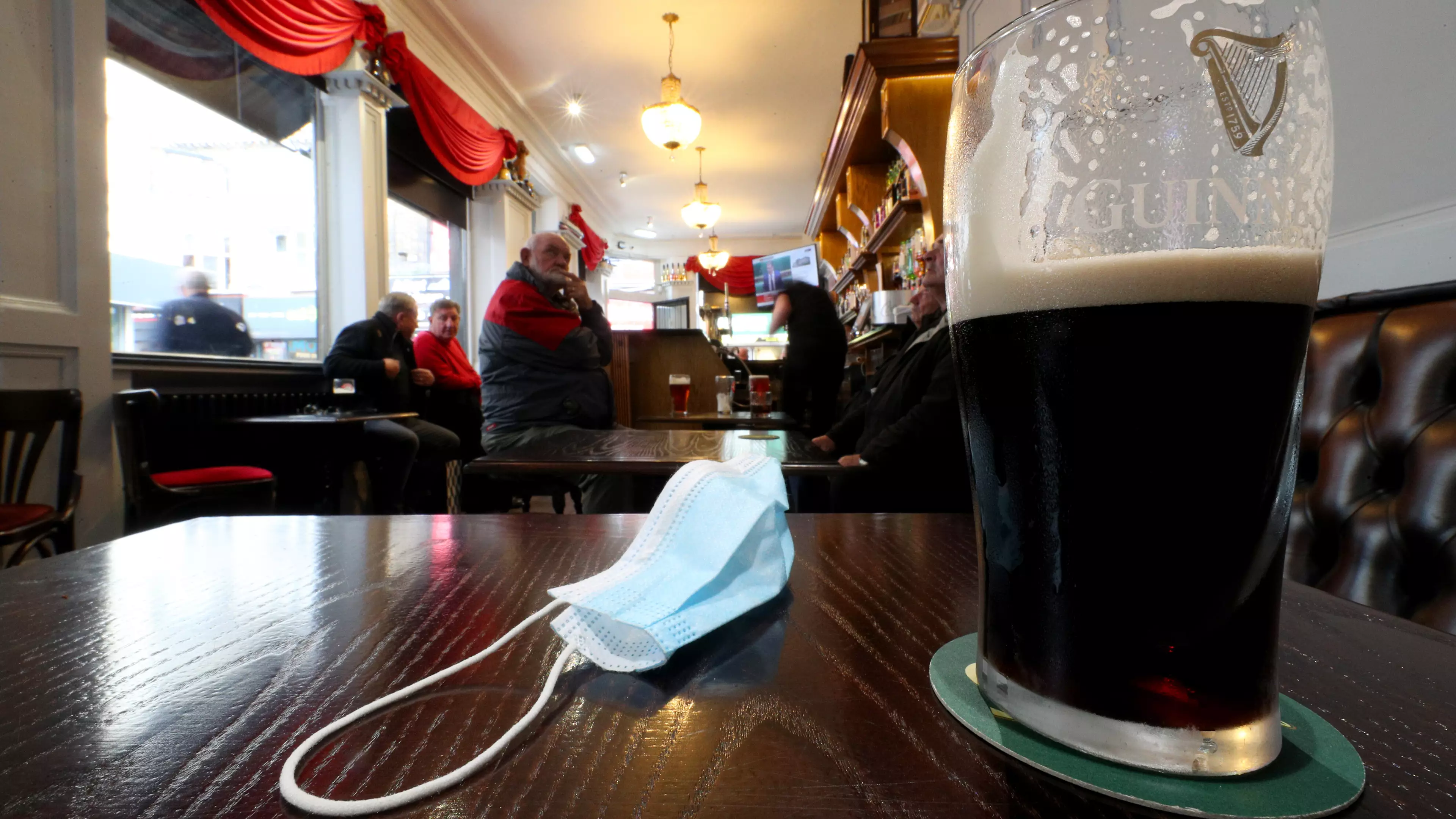
So, you've found yourself in Tier 3 of the English coronavirus restrictions. You can't go to see your family anymore, there's no mixing of households, and the pubs have to close down unless they sell a 'substantial meal'.
On top of that, pubs can only serve alcohol with a meal. It's worth bearing that in mind.
The question on everyone's lips is - what exactly constitutes a substantial meal? Three packets of crisps? A plate of chips? Some Scampi Fries and a pint of Guinness?
With that in mind, let's think about what is and isn't considered a suitable accompaniment to your pre-10pm pints under the highest level of coronavirus restrictions in England.
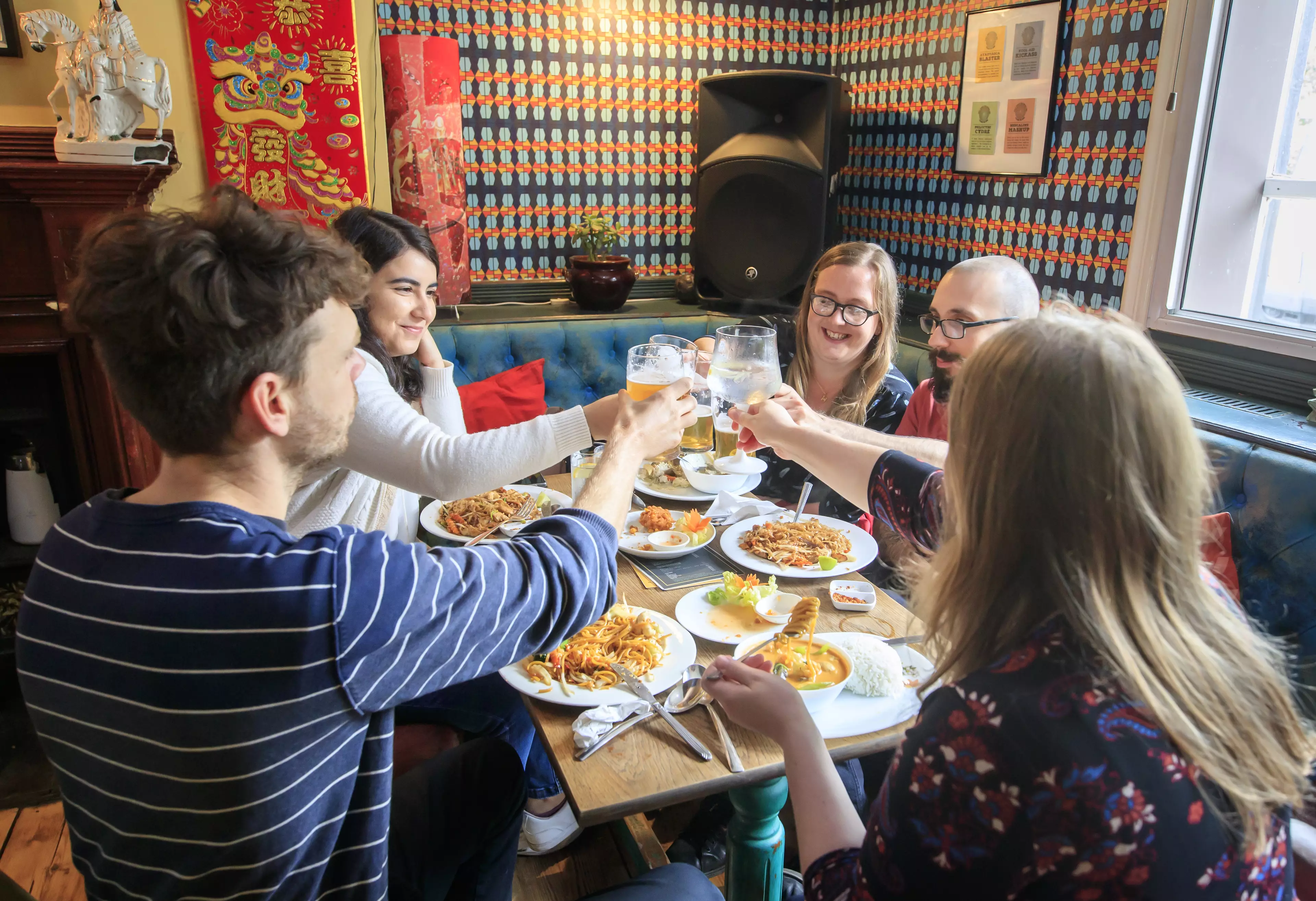
Although it's new to many of us, the idea of a substantial meal in terms of pub licensing law is anything but.
Advert
Strangely enough, the story takes us back to in 1965 and a legal case known as Timmis v Millman.
The case heard that a hotel bar was serving sandwiches with an accompaniment of beetroot and pickles outside of hours, alongside a heap of booze.
Now, the premises had a supper hours certificate allowing places that serve food to stay open later, and the High Court eventually ruled that the sandwiches 'were so substantial, and assisted by the pickles and beetroot so as to justify that it was a table meal and not a mere snack from the bar'.
This followed a case in 1955 called Solomon v Green in which sausages on a stick were found to constitute a meal.
Advert
However, despite these significant legal precedents, it's unlikely that you're going to get away with sinking five pints and eating a couple of cocktail sausages in these dark times.
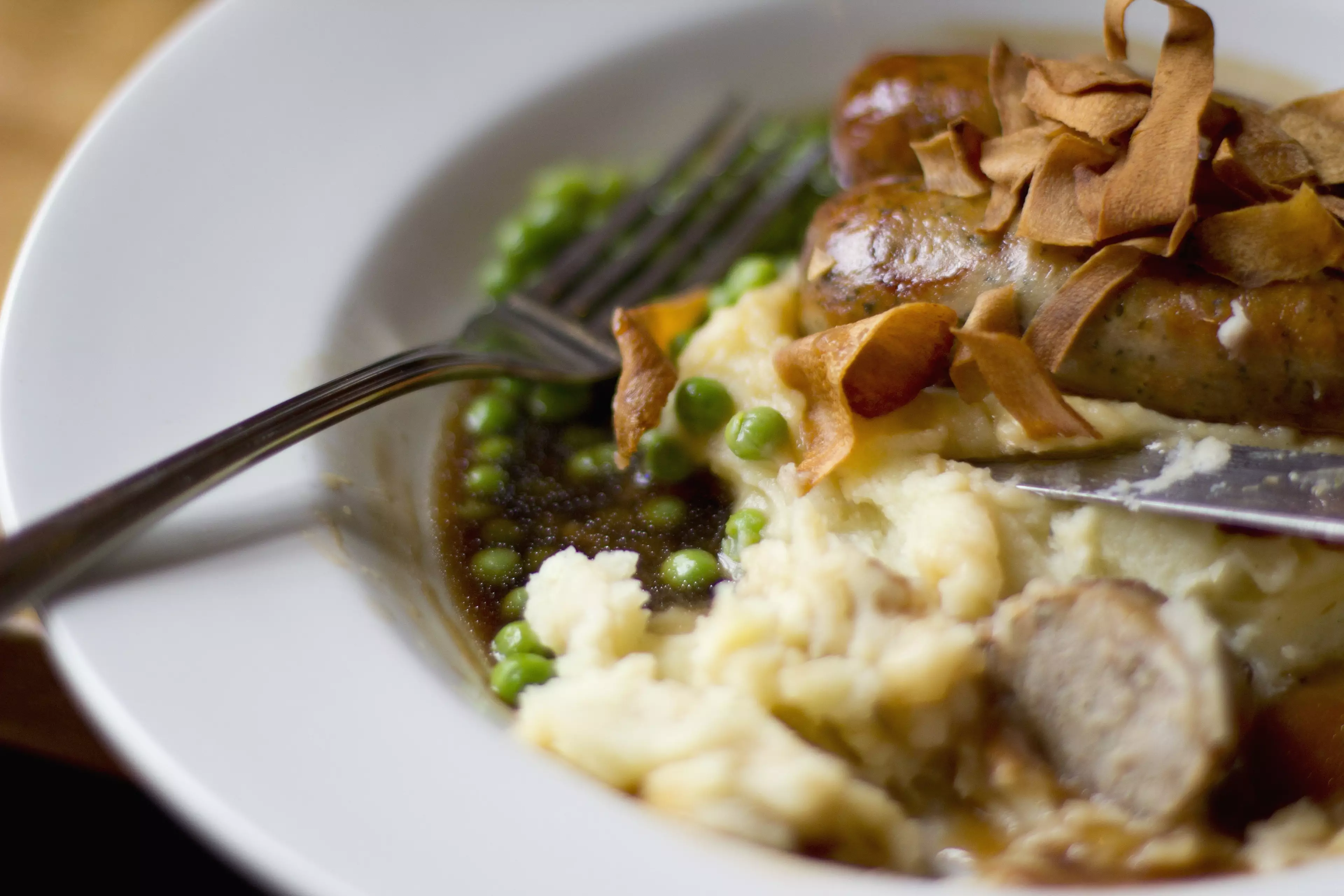
Recently, on LBC, the housing secretary Robert Jenrick went some way to confirming the government's position on this issue.
He described the substantial meal by law as 'the sort of meal that you would expect to have as a midday meal or an evening meal'.
He continued: "It would be like a main course, rather than, say, a packet of crisps or a plate of chips."
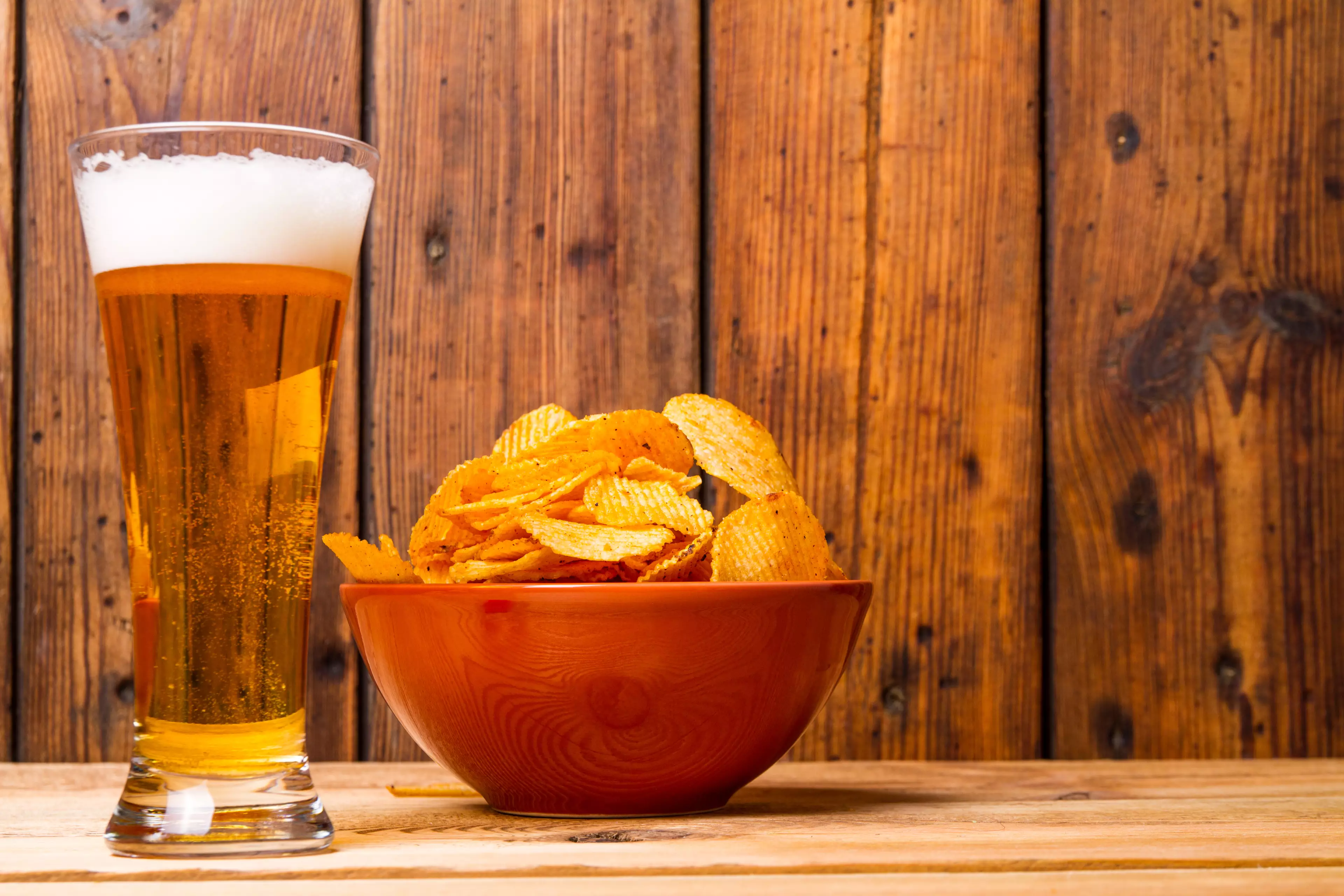
But what if my evening meal is a slice of toast and five pints of lager, Bobby? We've all got different eating habits, and they're all valid.
He went on to suggest that a Cornish pasty, for example, could work as a 'normal meal' if supplemented with some chips or a salad and - crucially, perhaps - served on a plate.
Jenrick added: "This isn't actually as unusual a concept as you might feel.
"We've had this in law for licence-holders for a long time because it's the same rule that has applied if you take a minor into a pub.
"You can't do so unless they have a substantial meal alongside the alcoholic drinks, so people who actually run pubs and bars will be familiar with this and know how to operate it.
"If you would expect to go into that restaurant normally, or pub, and order a plated meal at the table of a Cornish pasty with chips or side salad or whatever it comes with, then that's a normal meal."
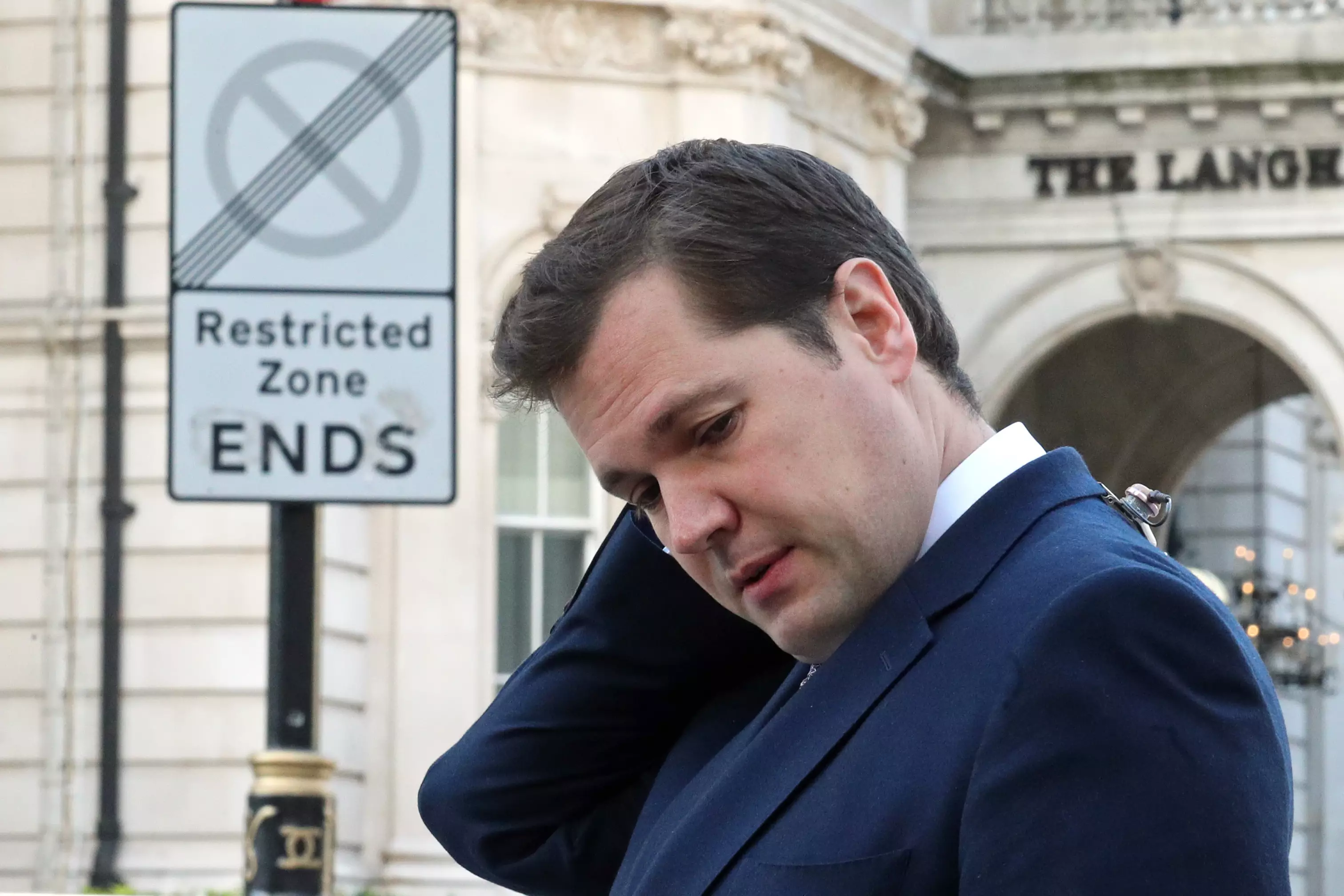
That licensing law, interestingly enough, not only defines what a meal is, but also what a table is.
Advert
It reads: "[A meal] such as might be expected to be served as the main midday or main evening meal, or as a main course at either such meal.
"A table meal is a meal eaten by a person seated at a table, or at a counter or other structure which serves the purposes of a table and is not used for the service of refreshments for consumption by persons not seated at a table or structure serving the purposes of a table."
Well, that clears that up, right?
Seriously though, a lot of people within the hospitality sector are unhappy about the perceived lack of clarity from the government, particularly when people's jobs are contingent on venues staying open, and staying on the right side of the law, which has the power to close premises and exact large fines.
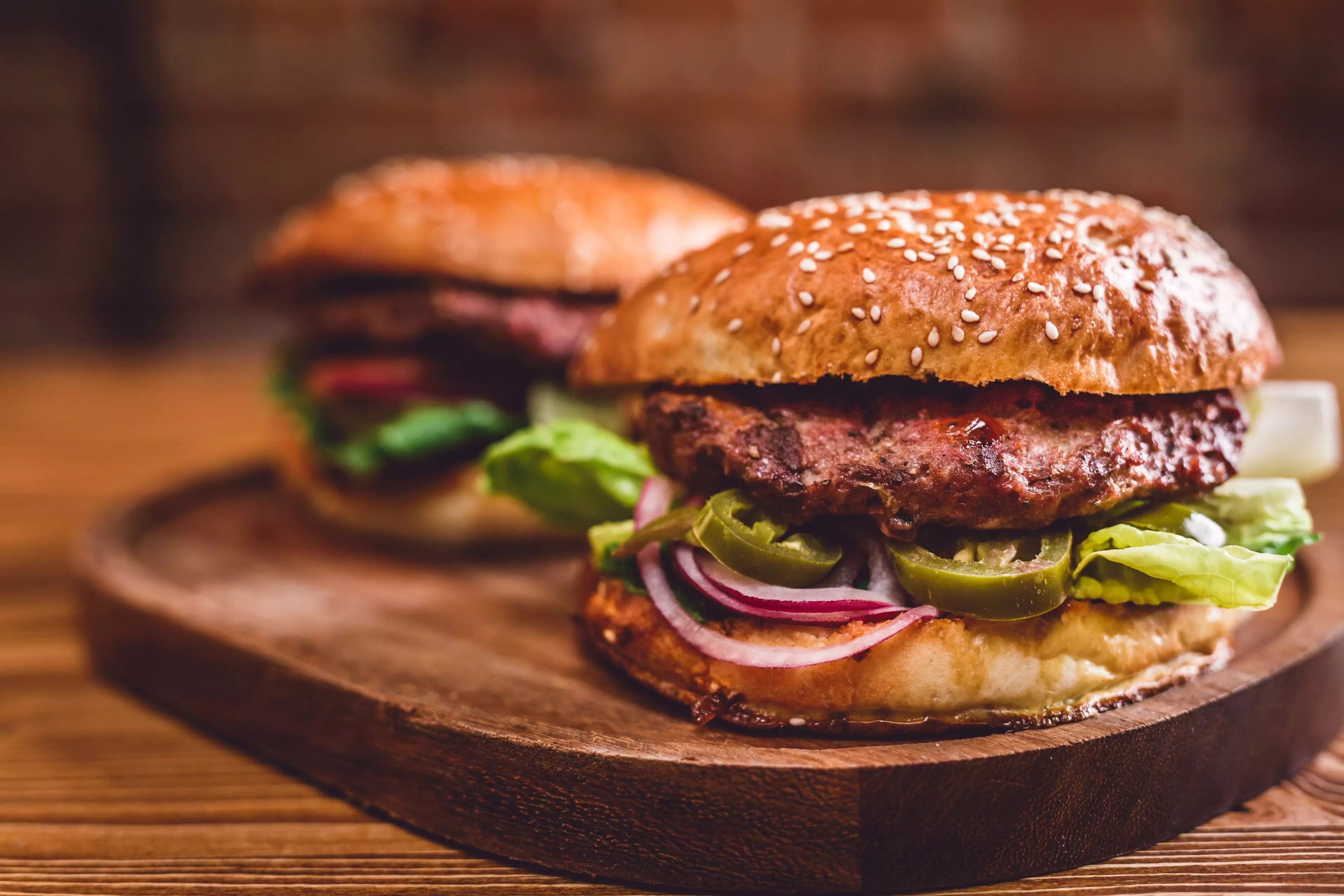
Tom McNeeney, who operates seven hospitality venues in Greater Manchester, told LADbible: "What [the hospitality industry] are seeing is that if you don't stick to the rules there's a hefty fine and there's going to be no more correspondence.
Advert
"There's no page on a website, no leaflet, no wider discussion. Just a sound bite that's open to wild interpretation.
"Add to that the uncertainty of the definition itself - people in Westminster might consider deconstructed small plates substantial, but here in the north, is there the assumption that if it's not over 500 calories it's not really a meal at all?
"Substantial is by its own merit a personal decision. If we cannot challenge people who say they are medically exempt from mask wearing how can we then impress on them that what they order is or is not substantial?"
A spokesperson for the Prime Minister said: "This [the substantial meal rule] is something which pubs and restaurants are entirely familiar with and also, as they have been throughout, I'm sure the public will exercise their own good judgment and common sense."
Featured Image Credit: PATopics: Food, UK News, Interesting, Weird